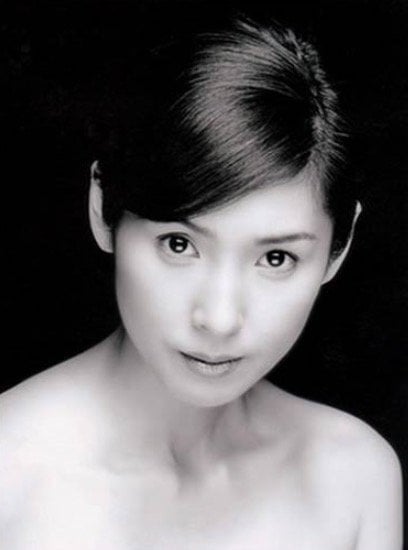What a difference an elongated vowel can make. Japanese is quite different from English, having had a totally unique developmental history — it’s supposedly related to Mongolian, Basque, Turkish and possibly Hungarian, don’t ask me how — and it sport linguistic concepts that are strange to English speakers at first. One is a strong differentiation between short vowels (like the o in ocha) and long vowels (the first syllable of tofu, the second syllable of Shirow’s name). If you’ve ever wondered why someone whose last name is Sato writes it as Satoh or Satou, it’s because he’s trying to express the longer second syllable as accurately as he can, even though it might not make any different to how we pronounce his name in English. Sometimes these vowels can cause transliteration issues. For example, shoujo (with a long vowel) means “girl,” while shojo (short vowel) means something else entirely (a girl who is still, ahem, pure). Which spelling is correct? It can be hard to say. Accuracy can only be taken so far — otherwise we’d be wearing Doumo-kun T-shirts and listing Japan’s capital as Toukyou.
Doumo attack…?!
















